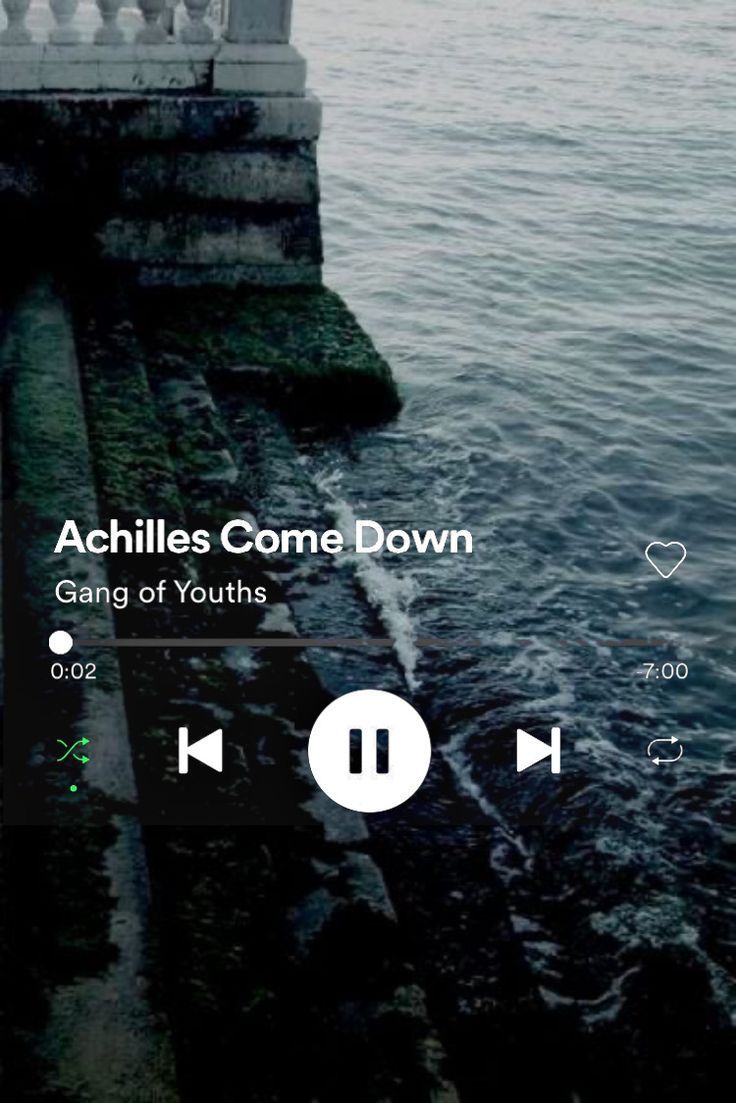Achilles Come Down

In the annals of ancient mythology, few figures command as much reverence and fascination as Achilles, the quintessential Greek hero of the Trojan War. His name resonates through the ages, embodying the epitome of martial prowess, unyielding pride, and tragic destiny. Yet, amidst the grandeur of his exploits and the glory of his victories, there lies a pivotal moment that epitomizes the vulnerability and humanity beneath his invincible facade – the moment of Achilles’ descent, immortalized in the timeless narrative as “Achilles come down.”
The phrase “Achilles come down” encapsulates the profound transformation experienced by the legendary hero when he is confronted with the fragility of life and the inevitability of mortality. It symbolizes a departure from the lofty heights of divine-like prowess to the somber depths of human vulnerability, rendering Achilles not merely a figure of martial prowess but a poignant representation of the human condition itself.
The Mythic Descent
The story of Achilles’ descent finds its most poignant expression in Homer’s epic poem, the Iliad. At the heart of this narrative lies the pivotal event of Achilles’ withdrawal from the Trojan War following a bitter dispute with Agamemnon, the commander of the Greek forces. Incensed by Agamemnon’s dishonorable actions, Achilles chooses to lay down his arms and withdraw from the battlefield, thereby forsaking the glory and renown that have defined his existence thus far.
This decision marks the beginning of Achilles’ descent, as he grapples with the existential quandaries that plague him in the wake of his withdrawal. No longer buoyed by the intoxicating allure of heroism and glory, Achilles is forced to confront the stark reality of his mortality, a reality made all the more palpable by the looming specter of his impending fate – to perish in the prime of his youth, his name destined to be immortalized in the annals of history, yet his existence fated to be extinguished like a fleeting flame.
As Achilles wrestles with these profound truths, he undergoes a profound inner transformation, shedding the veneer of invincibility and arrogance that have long defined him. In the moments of solitude and introspection that follow his withdrawal from the war, Achilles is stripped bare of the trappings of heroism, laid bare before the merciless gaze of his own mortality.
Exploring the Depths of Heroism
It is in this state of vulnerability and introspection that Achilles experiences his most profound moments of growth and self-realization. Freed from the constraints of societal expectations and the burdens of glory, he is able to confront the deepest recesses of his soul, grappling with the existential questions that have long eluded him.
In the solitude of his tent, Achilles is visited by the shade of his beloved comrade, Patroclus, whose death at the hands of the Trojan prince Hector serves as a catalyst for Achilles’ descent. In this haunting encounter, Achilles is forced to confront the consequences of his own actions, grappling with the weight of guilt and remorse that threaten to consume him.
Yet, even in the depths of despair, there flickers a glimmer of hope – a hope born not of the promise of victory or the allure of glory, but of the possibility of redemption and reconciliation. In his darkest hour, Achilles finds solace in the realization that his humanity is not defined by his victories or his defeats, but by his capacity to love and to forgive, even in the face of unimaginable suffering.
Conscience and Compassion
As the war rages on outside his tent, Achilles finds himself at a crossroads – torn between the temptation to return to the fray and reclaim his lost glory, and the desire to embrace his newfound humanity and seek a deeper, more meaningful purpose. In the end, it is not the lure of fame or fortune that guides Achilles’ decision, but the quiet voice of conscience and compassion that beckons him towards a path of redemption.
And so, Achilles emerges from his tent, not as the invincible warrior of legend, but as a man reborn – humbled by his own fallibility, yet emboldened by the knowledge that true heroism lies not in the pursuit of glory, but in the embrace of our shared humanity. In his final act of defiance against the cruel whims of fate, Achilles chooses to forsake the shallow trappings of immortality and embrace the ephemeral beauty of the human experience, knowing that it is in our moments of vulnerability and weakness that we find our truest strength.
Conclusion
The story of Achilles’ descent is not merely a tale of hubris and downfall, but a testament to the resilience of the human spirit and the enduring power of redemption. Through his journey from the heights of glory to the depths of despair, Achilles teaches us that true heroism is not found in the pursuit of fame or fortune, but in the courage to confront our own limitations and embrace the fullness of our humanity. And though Achilles may have come down from the lofty heights of legend, his spirit endures as a timeless reminder of the enduring power of the human heart.





